Partner and Head of Glasgow office Stuart Brodie examines a type of tax case designed to make a VAT consultant’s blood run cold, and has resulted in a cost of £200,000 when with a little bit of effort, it could all have been avoided…
In a decision issued at the end of July 2024 , the First-tier Tribunal (FTT) ruled against Kenthouse Properties Ltd, denying the recovery of nearly £200,000 in VAT incurred on the purchase of a disused pub. This was a typical pub with the bar on the ground floor, and living accommodation for the landlord above. Unfortunately, the appellant failed to provide sufficient evidence of an intention to make taxable supplies, leading to the dismissal of their appeal.
Case Background
Kenthouse Properties Ltd had acquired the property with plans to convert the former residential accommodation into flats and the ground floor into a commercial unit. However, due to market changes, the ground floor was later changed to a residential conversion. Despite these plans, HMRC disallowed the VAT recovery, citing a lack of evidence for taxable supplies; all of the other flats in the property were let on short-term tenancies and there was no evidence of an attempt to sell the flats on the ground floor
Tribunal Findings
The FTT supported HMRC’s decision, noting the absence of attempts to sell the ground floor flats and contradictory information provided by the appellant. This case underscores the importance of understanding VAT rules and providing clear evidence when claiming VAT recovery.This is a sobering outcome, which could and should have been avoided.
To avoid similar issues with VAT claims, businesses should take the following steps:
• Document Intentions: Maintain clear records of your business intentions regarding the use of a property. If you plan to make taxable supplies (e.g., renting out commercial space), document this intention in a board minute or similar.
• Evidence of Efforts: If you intend to sell or lease part of the property for commercial purposes, actively demonstrate efforts to do so. Advertise the space, seek potential tenants, and keep records of these activities.
• Consult Specialists: Seek professional advice from a VAT advisor. They can guide you on compliance, evidence requirements, and potential pitfalls.
• Consistent Information: Ensure consistency in your communications. Avoid contradictory statements or changing plans without proper documentation.
Remember that providing clear evidence of your intentions and efforts is crucial when making VAT claims. If in doubt, give us a call! It could save you a lot of time and money.
Disclaimer - Accurate at time of publication



